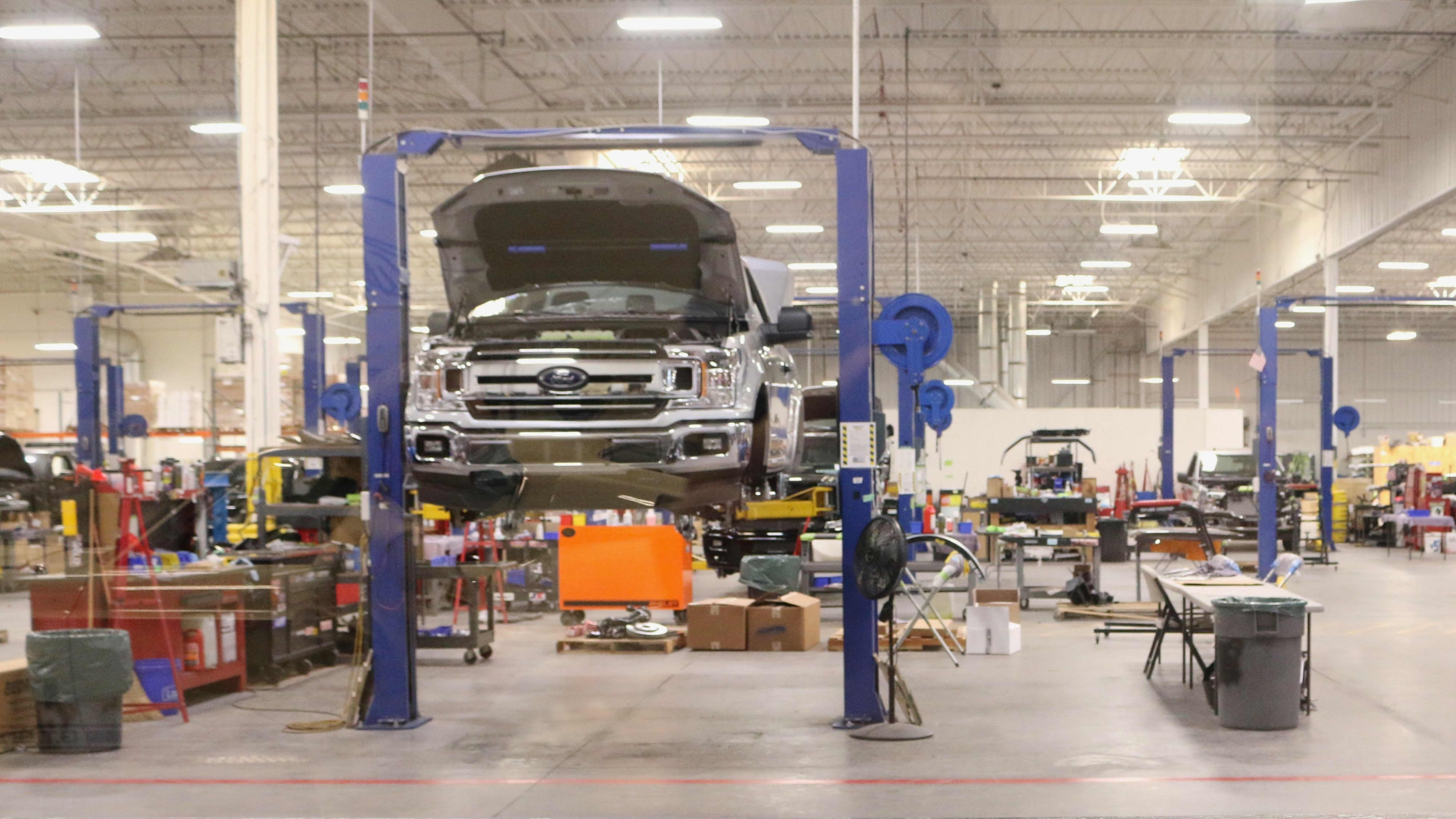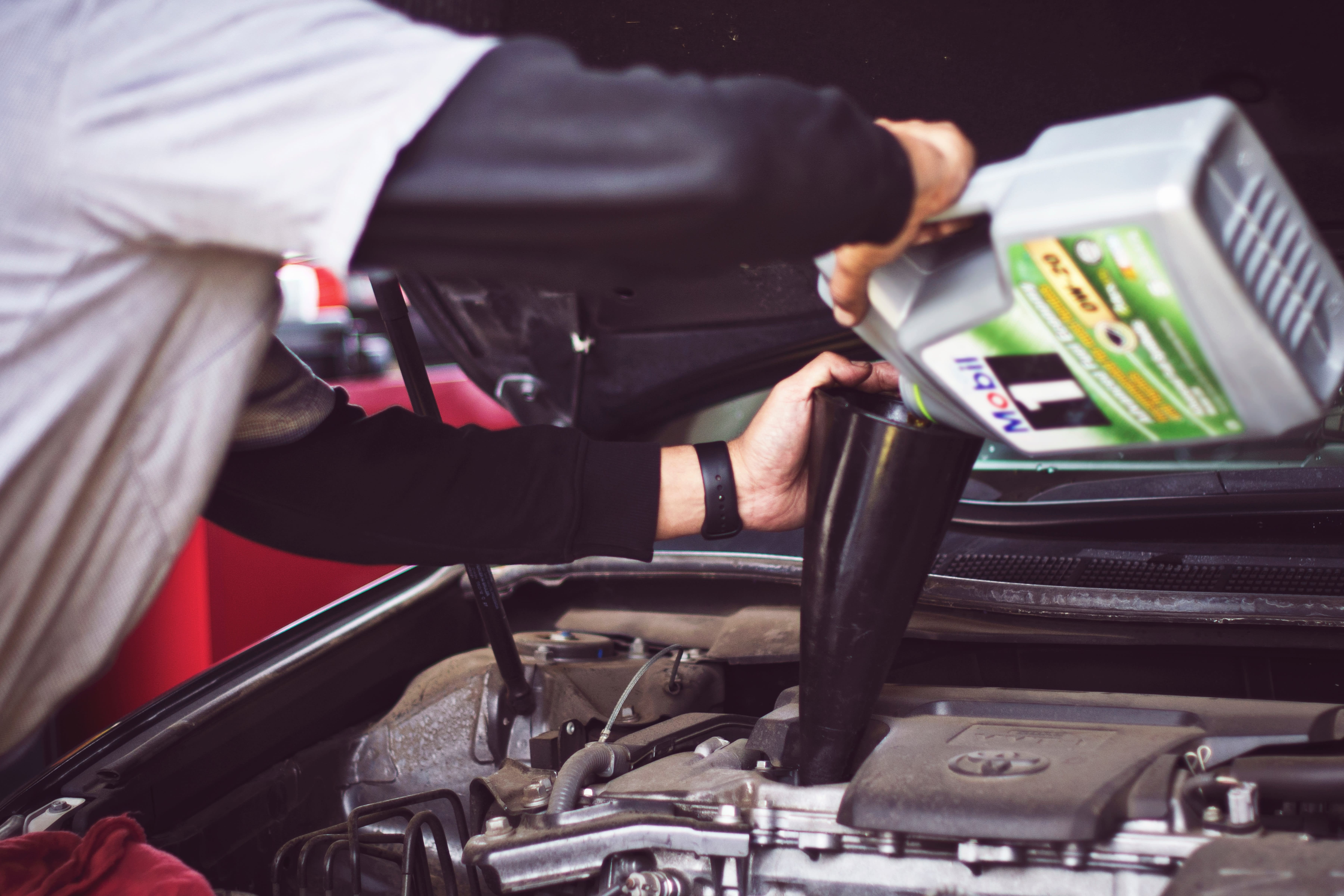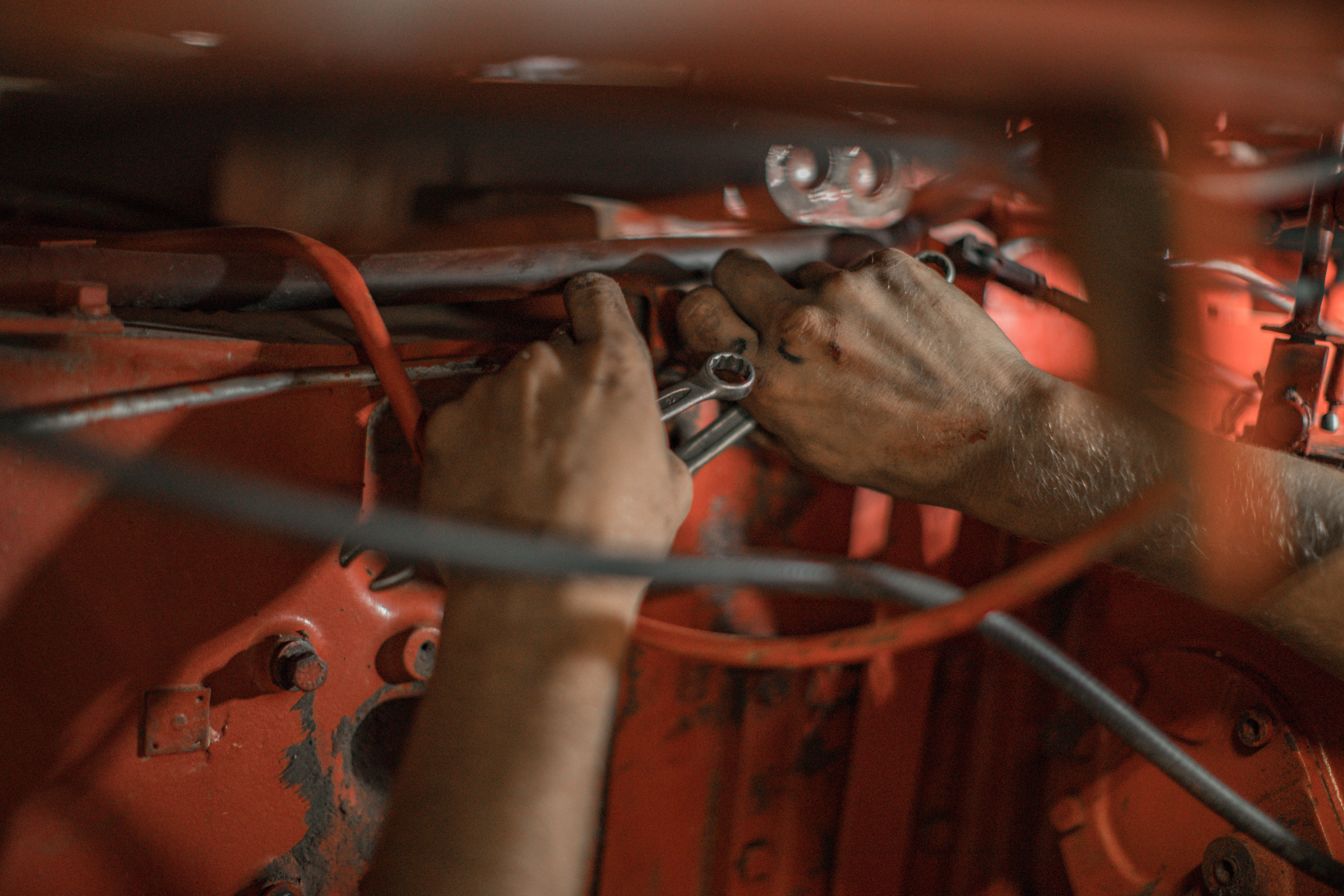Everything You Need To Know About Auto Maintenance & Repair

For The Novice And The Expert
From novice drivers to seasoned motorists, this guide breaks down all of the ins and outs of automobile maintenance & repair.
By The Editors
Mon, Sep 18, 2023 07:50 PM PST
Featured image by Laurel and Michael Evans.
Diving into the world of automobile maintenance and repair can seem daunting, but fear not! This guide is here to simplify the journey for you. We'll break down the complex jargon, explain the subtle differences between your engine and your exhaust, and provide handy tips to keep your wheels spinning smoothly.
Whether you're a novice driver or a seasoned motorist, this post is bound to enlighten you about the ins and outs of your vehicle's upkeep. Let's grease up those gloves and get started!
Understanding Your Vehicle's Basic Components
Before we dive into the details of car maintenance, it's important to understand the basic components that make up your vehicle. Here are the basics:
Engine: The engine is the heart of your car and is responsible for powering all your vehicle’s functions.
Drivetrain: The drivetrain consists of the components that transfer power from the engine to the wheels. This includes a differential, axles, and a transmission.
Suspension: The suspension is responsible for keeping your car stable and providing a comfortable ride. It consists of multiple components, such as shocks, struts, and springs.
Body: The body is the exterior shell that encases all the working parts of your car. It provides structural integrity and protection from the elements.
Brakes: The braking system is essential to your car's safety, allowing you to control your vehicle's speed and halt when necessary. It includes components like brake pads, rotors, and a master cylinder.
Understanding how things operate behind the scenes can empower you as a knowledgeable consumer, especially when it comes to car repairs. Being able to communicate effectively with an automotive technician will give you the confidence to understand their actions and reasoning.
The Importance of Regular Auto Maintenance
Regular auto maintenance is the key to ensuring your vehicle's longevity, performance, and safety. It's about taking preventative measures to keep your car in optimum condition and avoid costly repairs down the line.
Regular oil changes, for example, prevent engine wear and tear, while frequent tire inspections ensure optimal grip and safety on the road. Alignments and brake service are also essential for maintaining control of your vehicle and preventing accidents.
A thorough maintenance routine involves checking fluid levels, inspecting belts and hoses for wear, and ensuring the proper functioning of lights and signals. Regularly inspecting the vehicle's battery helps prevent unexpected breakdowns. Equally important are air filters, which, when routinely replaced, enhance fuel efficiency and extend the engine's lifespan.
Don't forget the exterior of your vehicle, too! Using car magnets is an interesting, often overlooked way of maintaining your car's exterior. Magnetic advertising on cars is an eye-catching way to make a statement and advertise your business while also protecting the paint job from scratches.

DIY Car Repairs: What You Can and Can't Do
When it comes to DIY car repairs, there are tasks that you can confidently handle on your own, and there are others where it's best to leave it to the professionals. Here is the breakdown:
DIY car repairs you can handle:
Changing Oil: Regular oil changes are vital for your car's engine health, and it's a task many car owners can easily perform.
Air Filter Replacement: Replacing your air filter is a straightforward job that can improve your car's fuel efficiency and performance.
Fluid Checks and Top-Offs: Checking and maintaining fluid levels like windshield washer fluid, coolant, and brake fluid is a simple DIY task that keeps your car running smoothly.
Replacing a Flat Tire: It pays to know how to replace a flat tire, as it's an essential skill for anyone who drives.
Lubricate Vehicle Parts: Small parts like hinges and locks can benefit from a bit of lubrication to keep them running smoothly.
DIY car repairs you should leave to the professionals:
Diagnosing Electrical Issues: Vehicle electrical systems can be tricky to navigate, so if you're having electrical issues, it's best to leave it to the pros.
Brake Repairs: Brake systems are complex and critical for safety. Leave brake repairs, especially anything beyond pad or rotor replacement, to professionals.
Transmission Work: Transmission issues require specialized knowledge and tools. DIY attempts can lead to costly damage.
Fuel Pump Replacement: Replacing a fuel pump or inline fuel pump involves working with flammable materials and precise calibration, making it a job best left to experts.
Engine Overhaul: An engine overhaul involves intricate work and requires specialized knowledge of the vehicle's inner workings. This task is best left to a professional mechanic to avoid potential damage and ensure the engine's longevity.
Ensuring your car runs efficiently is a must for any motorist. By understanding the basics of auto maintenance and repair, you can enjoy the peace of mind that comes with knowing your vehicle is in good hands.

Finding a Reliable Auto Repair Shop
When you need to take your car into the shop for repairs, it's important to find a reliable and qualified automotive technician who will honestly assess your vehicle's needs. Below are a few helpful suggestions:
1. Ask friends and family who they recommend. Positive reviews from people you trust can go a long way.
2. Check online reviews for the shop's reliability and ratings.
3. Make sure the shop is certified by major automotive associations, like Automotive Service Excellence (ASE).
4. Look into their warranty and return policy to ensure you’re covered if any problems arise after repairs.
5. Try to find a shop that specializes in your car model.
Finding the right auto repair shop can make all the difference, so be sure to do your research before entrusting them with your vehicle. After all, your car is a valuable investment that deserves the best care possible.
Taking Care of Your Vehicle: The Bottom Line
Taking care of your vehicle is a comprehensive process that involves understanding how your car works, performing regular maintenance, knowing what repairs you can perform yourself, and finding a reliable professional when necessary. Don't hesitate to get your hands dirty. With the right tools and knowledge, you can ensure your car remains in top condition.
By staying informed and proactive, you can ensure your vehicle remains safe, efficient, and reliable for the long haul. Get out there and get your car the care it deserves!





